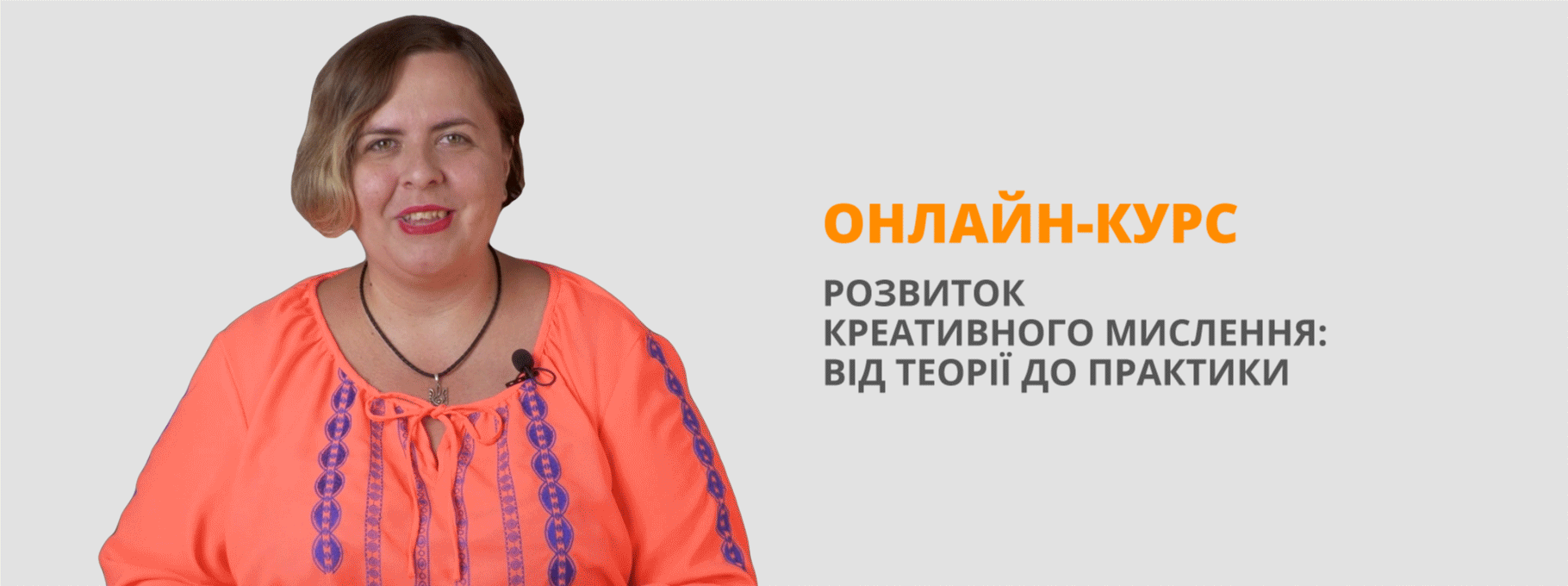Урок - вікторина "Слабка ланка"
розвивати здогадку та вміння швидко орієнтуватися в умовах непідготовленого монологічного мовлення; прищеплювати цікавість до культури, історії, традицій англомовних країн; виховувати почуття відповідальності, взаємоповаги та співпраці; виховувати вміння працювати в колективі (команді).
Quiz - game
“Weak stick”
Підготувала
Вчитель англійської мови
Петракович Тетяна Станіславівна
Мета: відпрацювати фонетичні навички; вчити розуміти іноземну мову в ігрових ситуаціях; проконтролювати мовні навички та вміння учнів; проконтролювати рівень засвоєння учнями даних тем; розвивати вміння застосовувати вивчені лексичні одиниці та граматичні правила в конкретній обстановці; розвивати здогадку та вміння швидко орієнтуватися в умовах непідготовленого монологічного мовлення; прищеплювати цікавість до культури, історії, традицій англомовних країн; виховувати почуття відповідальності, взаємоповаги та співпраці; виховувати вміння працювати в колективі (команді).
Обладнання: заготовки з завданнями
Procedure
Dear pupils and guests! I'm very glad to see you. Welcome to our contest between girls and boys. Our contest is called "Weak stick". Our girls and boys will show us how they like learning English and how they know it well. I hope you'll enjoy it.
We have two teams. The first team is “Clever foxes” and the second is “Brave wolves”. Now teams, say your mottoes, please.
Team 1 and 2. The motto of our teams are
We are the leaders,
We are the best.
The coolest kids are here
From south to the west!
Are you here? Yes, yes!
Are you smart? Yes, yes!
Let’s be the first! Go, go!
Don’t give up! Ho, ho!
Hey, girls! – We are pretty!
Hey, boys! – We are strong!
School time is nice
We will repeat it twice!
All the participants have badges with the emblem of their team. Now let me introduce our jury. The jury can consist of 3 people – 1 teacher ____________________and 2 pupils of senior classes (10th ________________and 11th_________________)
Teacher. So it’s high time to begin our competition. Are you ready to start?
Pupils. Yes, of course.
Teacher: Look at the screen and watch the video about English – speaking countries and teenagers tell us why is it so important to learn English?
SOME ENGLISH SPEAKING COUNTRIES.mp4
Why is it so important to learn English -.mp4
Children from all over the world sent letters to us. Everybody prepare different tasks. You choose the number of the letter throwing the dice, think a minute and answer the questions. If the answer is right, the team gets one point. If it is wrong, the other team answers. The winner is a team that has more points.
OK,
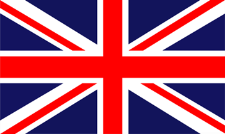 Letter 1.
Letter 1.
This letter is from England. Jane likes English best of all. Her task is “English sounds and letters”. The English word "alphabet" comes from the Latin word "alphabetum". The Latin word "alphabetum" came from the first two letters of the Greek alphabet, "alpha" and "beta".
Let’s read questions one by one.
- How many letters are there in the word "English"?
- How many letters are there in English Alphabet?
- What is the first letter in English Alphabet?
- What is the last letter in English Alphabet?
- How many letters are there in the word "Alphabet"?
- What is the sixth letter in English Alphabet?
- What letter stands after letter H?
- What letter stands after letter X?
- What letter gives two sounds (k) and (s)?
- What letter gives two sounds (g) and (dz)?
- What letter stands between P and R?
- What letter stands between К and M?
- What sound does letter-combination ar give?
- What sound does letter-combination oo give?
- What sound does letter-combination ck give?
- What is the tenth letter of English Alphabet?
- What letter stands before O?
- What letter is before L?
- What sound does letter-combination sh give?
- What sound does letter-combination ch give?
- What letter stands between В and D?
- What sound does letter-combination ее give?
- What letter always stands after letter Q in English words?
- What letter stands after letter N in word "English"?
Letter 2.
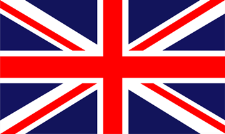 Pete is from England too and he lives in Oxford. He is good at Maths. He has Maths every day. It’s the science of numbers. People say, Maths is hard. If you know the tables, it’s as easy as ABC. At the lessons we learn to add, divide, multiply and subtract, because everybody uses numbers and Mathematics every day.
Pete is from England too and he lives in Oxford. He is good at Maths. He has Maths every day. It’s the science of numbers. People say, Maths is hard. If you know the tables, it’s as easy as ABC. At the lessons we learn to add, divide, multiply and subtract, because everybody uses numbers and Mathematics every day.
|
1. |
33+22=55 |
|
2. |
101-25=76 |
|
3. |
25*3=75 |
|
4. |
13+25=38 |
|
5. |
54-35=19 |
|
6. |
45:9=5 |
|
7. |
78+10=88 |
|
8. |
64:8=8 |
|
9. |
9*9=81
|
- 120-15=105
- 13*3=39
- 75:5=15
- 44-13=31
- 28*2=56
- 55+45=100
- 15*3=45
- 36:12=3
- 99+4=103
- 13+48=61
- 100:25=4
Letter 3. Sam is from England, Cambridge. This boy studies at Cambridge school. He is interested in reading books. Books help us to be good friends. They teach us to understand the beauty of nature, to take care of it, to love our homeland. His task is “Literature”. Do you know the characters of famous book, their titles and well – known authors? Let’s check:
- This book tells us about funny adventures of teddy – bear and his friends. (“Winnie – the - Pooh” by Alan Milne)
- This is a story about little girl who once followed a rabbit and came to Wonder Land. (“Alice in Wonderland” by Lewis Carol)
- The main character of the book is naughty boy who lives with his aunt and makes a lot of tricks. (“The adventures of Tom Sayers” by Mark Twain)
- This books tells us about a small boy who lives in jungle and has many friends among animals as a Baloo, Kaa. (“Mawgli” by Redyard Kipling)
- This is a story about adventures which happen at a tasty factory (“Charlie and the Chocolate Factory” by Roald Dahl)
- The main character of the book is a nurse, who comes when she wants and leaves when she wishes. (“Mary Poppins” by Pamela Travers)
Teacher: Now let’s have a little rest.
Children dance “I am the Music man”
 Letter 4. This letter is from Ireland. His task is “Proverbs and idioms”
Letter 4. This letter is from Ireland. His task is “Proverbs and idioms”
Bill thinks that proverbs are wisdom of the whole nation. Wherever you live, whatever language you speak, most of the proverbs have similar meanings. For example, my home is my castle (мій дім – моя фортеця), East or West, home is best (в гостях добре, а вдома краще). The same is about the idioms (to kill two hares with one stone – вбити двох зайців). Your task is to find Ukrainian equivalents to the proverbs on your cards. Each team has five proverbs or idioms:
- He laughs best, who laughs last / Сміється той, хто сміється останній
- Better late than never / Краще пізно, ніж ніколи
- Tastes differ / Немає друзів за смаками
- The eye is the mirror of the soul / Очі – дзеркало душі
- It is never too late to learn / Весь вік живи – весь вік вчись
- A man is known by the company he keeps / Скажи мені, хто двій друг і я скажу, хто ти
- Never put off till tomorrow what you can do today / Ніколи не відкладай на завтра те, що можна зробити сьогодні
- All in good time/Всякому овочу свій час
- Look before you leap/Не знаючи броду, не лізь у воду
- A sound mind in a sound body \ У здоровому тілі здоровий дух
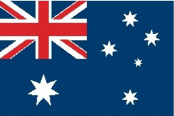 Letter 5. Justin is from Australia. He prepares captains’ contest “Go on!”
Letter 5. Justin is from Australia. He prepares captains’ contest “Go on!”
It is called “Go on!” The task is to answer the questions at high speed. If you don’t know or don’t remember the answer, you should say “Go on!”, because your time is limited.
a) The questions to the first team
1. What river does London stand on? (The Thames).
2. What is the America’s symbol of Freedom? (The Statue of Liberty).
3. What is “Penny Black”? (The stamp).
4. How old is London? (2000 years old).
5. Who is the head of the state in Great Britain? (A monarch).
6. Whose portraits are printed on American dollars? (American presidents).
7. What kind of weather is the most common in GB? (Rainy).
8. At first Native Americans were called… (Indians).
`9. Name any national English game (football, cricket, rugby).
10. What animal is the symbol of the English strength and power (lion).
b) The questions to the second team
1. Who was the first American president? (G. Washington).
2. How many countries does the UK consist of? (4 countries).
3. Where does the monarch of the UK live? (Buckingham Palace).
4. What is the flag of the USA called? (“Stars and Stripes”).
5. Who are “Beefeaters”? (The guards of the Tower).
6. Who is the head of the state and government of the USA? (The President).
7. What river is the capital of the USA situated on? (The Potomac).
8. How many states are there in the USA? (50)
9. When is the Thanksgiving Day celebrated? (On the fourth Thursday of November).
10. What is the address of the White House? (1600, Pennsylvania Avenue).
 Letter 6. Holly is from the USA. She tell us that every nation has its own customs and long-lived traditions. There is a great number of exciting events which take place in every country throughout the year. Traditions play a more important role in the life of the people. I think if we keep up our traditions, we preserve national history and culture. Holidays are especially rich in old traditions. There are three types of holidays in different countries: state or public holidays, religious holidays and family holidays.
Letter 6. Holly is from the USA. She tell us that every nation has its own customs and long-lived traditions. There is a great number of exciting events which take place in every country throughout the year. Traditions play a more important role in the life of the people. I think if we keep up our traditions, we preserve national history and culture. Holidays are especially rich in old traditions. There are three types of holidays in different countries: state or public holidays, religious holidays and family holidays.
Holidays. Dates.
- When do we celebrate St.Valentine Day?
- What holiday do Ukrainian people celebrate on the 9th of May?
- When do Ukrainian people celebrate Christmas Day?
- When do English people celebrate Christmas Day?
- When do pupils begin to go to school after their long summer holidays?
- When do we celebrate Women's Day?
- What holiday do we celebrate on the 24th of August?
- What holiday do we celebrate on the 28th of June?
- What religious holiday do we celebrate in April or May?
- What is the main character of New Year in our country?
- What is the main decoration in every house on New Year?
- When do we celebrate the birthday of Shevchenko?
- What season is Halloween celebrated in?
- When do the girls congratulate the boys and give them the presents?
- When do Ukrainian people celebrate Old New Year?
- When do English people celebrate Fool Day?
- What professional holiday do we celebrate on the first Sunday of October?
- When do Ukrainian pupils have the last bell at school?
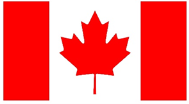 Letter 7. Emily is from Canada.
Letter 7. Emily is from Canada.
Professions, professions…
Do you know these famous people and their professions? Teams answer in turn.
- Tchaikovsky was a … (composer)
- Charlie Chaplin was a … (actor)
- Lewis Carrol was a … (writer)
- LEONARDO DA VINCHI was a … (painter)
- Gagarin was a … (spaceman)
- Archimedes was a … (scientist)
- Cleopatra was a … (Queen)
- George Washington was a … (President)
- The Beatles was a … (singers)
- Ivan IV (the Terrible) was a … (Tsar)
- Andre Tan was a …designer
- Bruce Willis was an …actor
- Marilyn Monroe was a …singer, model, actress
- Vincent Van Gogh was a …painter
- Elvis Presley was a … dancer
- Albert Einstein was a …scientist
- Ludwig Beethoven was a … composer
- J.K.Rowling was a … writer
- Kylie minogue was a … singer
- David Beckham was a … footballer
Teacher: What account do we have now? Congratulation. We have the score… to…, but I think that friendship has won. Do you agree with me? Each team had wonderful answers and played very well. I would like to thank our teams, and give this present for you. Dear judges, I would like to thank you for your work too. Our game “The weak stick” is over. Goodbye!

про публікацію авторської розробки
Додати розробку
